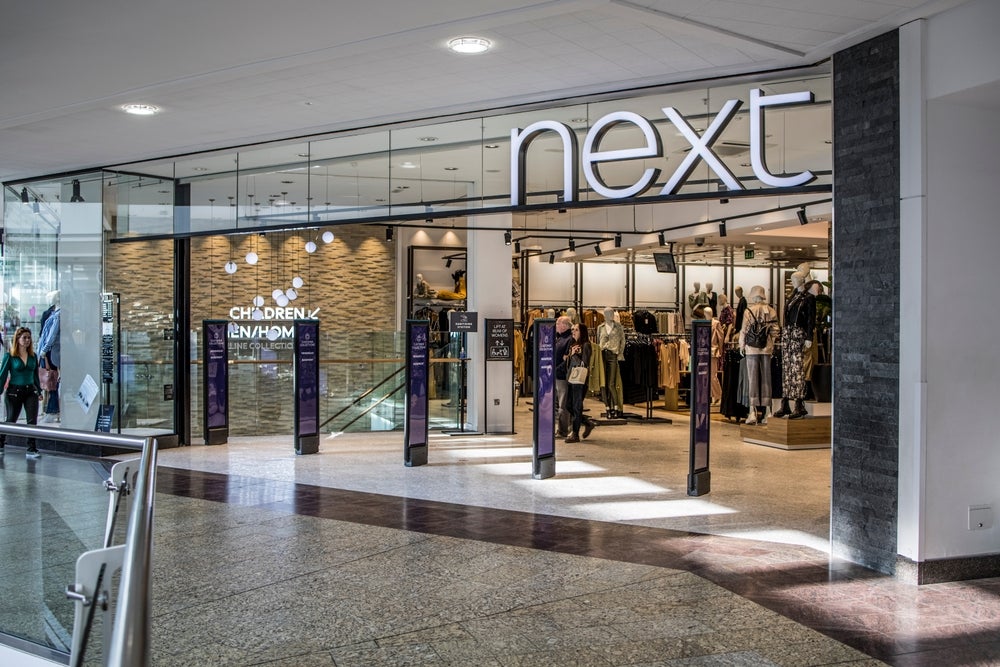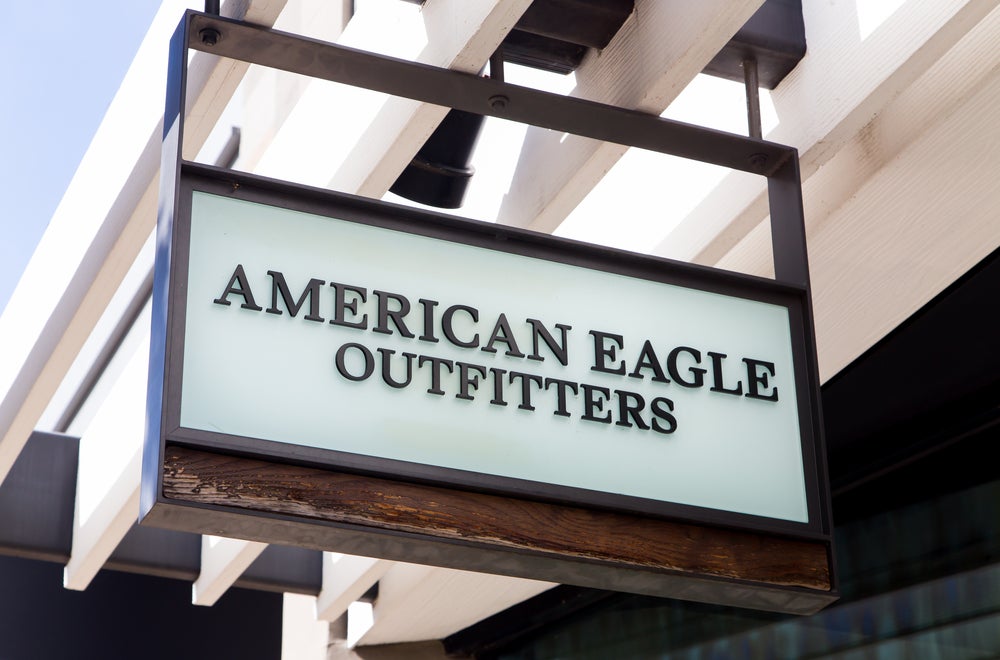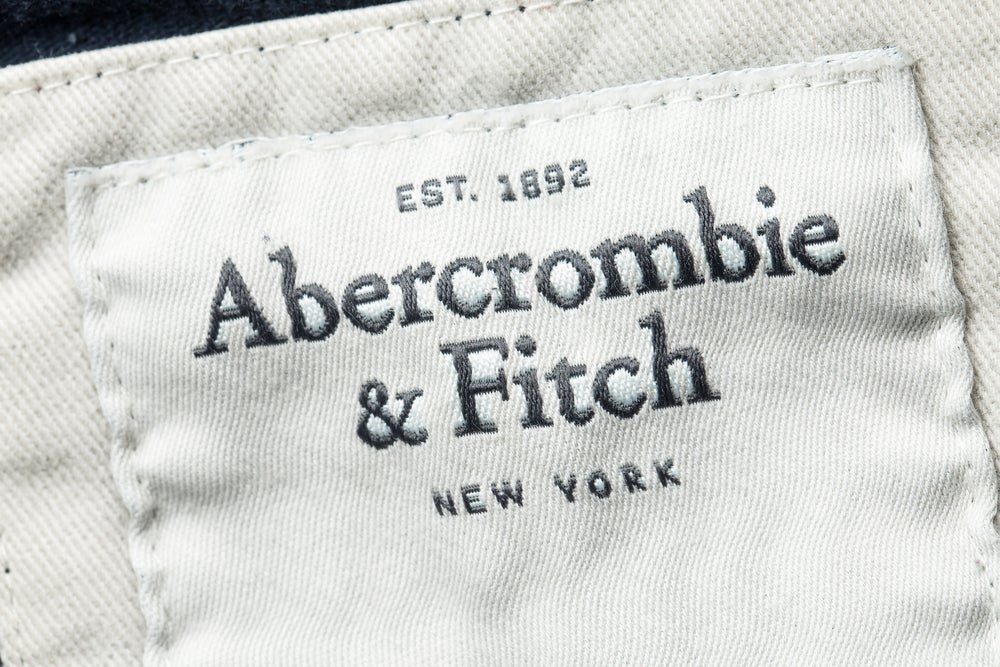H&M Group explains that it hopes to accelerate the adoption of green initiatives using a new collaborative finance tool that provides suppliers with financing from DBS and technical support from sustainability consultant Guidehouse.
H&M Group and DBS will have representatives at the 28th Conference of the Parties of the UNFCCC (COP28) in Dubai to engage on emerging policies and to discuss best practices and innovative solutions, including its new collaborative finance tool that aims to decarbonise fashion supply chains.
The tool enables suppliers to undertake factory upgrades and reduce their climate impact directly. Unlike traditional banking solutions, this programme claims to offer highly favourable financing terms for specific greenhouse gas emission reduction activities, as approved by H&M Group.
Tan Su Shan, group head of institutional banking at DBS describes the collaborative finance tool as a prime example of how to create impact for suppliers.
Su Shan stated: "Accelerating net zero for supply chains requires the rapid scaling of low-carbon technologies and new, innovative financing models to drive adoption," and added: "DBS is excited to be harnessing our extensive network in Asia, in partnership with H&M Group, to provide access to sustainable financing in a practical way – by directly funding factory upgrades to help suppliers improve their energy efficiency and decarbonise".
Ulrika Leverenz, head of green investment at H&M Group highlighted the company's longstanding commitment to climate mitigation: “We see that our industry is committed to tackling its negative climate impact. But we also see that impactful climate action requires collaborative financing. For us, sustainability investments are not only a responsible approach but a strategic necessity for future success.”
Aligned with its ambitious goal to achieve net-zero CO2e emissions by 2040, H&M Group explained it has consistently focused on making funding available to reduce greenhouse gas emissions across its supply chain.
Its Green Fashion Initiative claims to have played a role in empowering supplying factories to invest in technologies and processes that decrease energy demand and replace fossil fuels in the fashion industry.
The retailer explained the successful completion of the first green loan transaction earlier this year with Indian manufacturer Raj Woollen showcased the programme's impact.
Raj Woollen used the funds to install solar panels, energy-efficient motors, and water conservation technologies, aligning with its commitment to sustainability.
Sumeet Nath of Raj Woollen Industries commented: "This joint project with H&M Group, Guidehouse, and DBS has been a successful combination of expert energy assessment, close support in selecting the most suitable technology solutions, and an attractive financing model."
H&M Group said it views collaborative financing efforts as essential for creating rapid, scalable change and while existing models show promise, the retailer calls for further commitment from brands and investors to co-invest and share the financial responsibility of projects and give further alternatives to support suppliers in their decarbonization journey.
H&M Group added that it is keen to encourage other brands and financial institutions to join its initiative and the group’s COP28 delegation is looking forward to meeting involved stakeholders at the conference to continue the dialogue.
Don’t miss our coverage of COP28! Subscribe here for exclusive insights & analysis.















